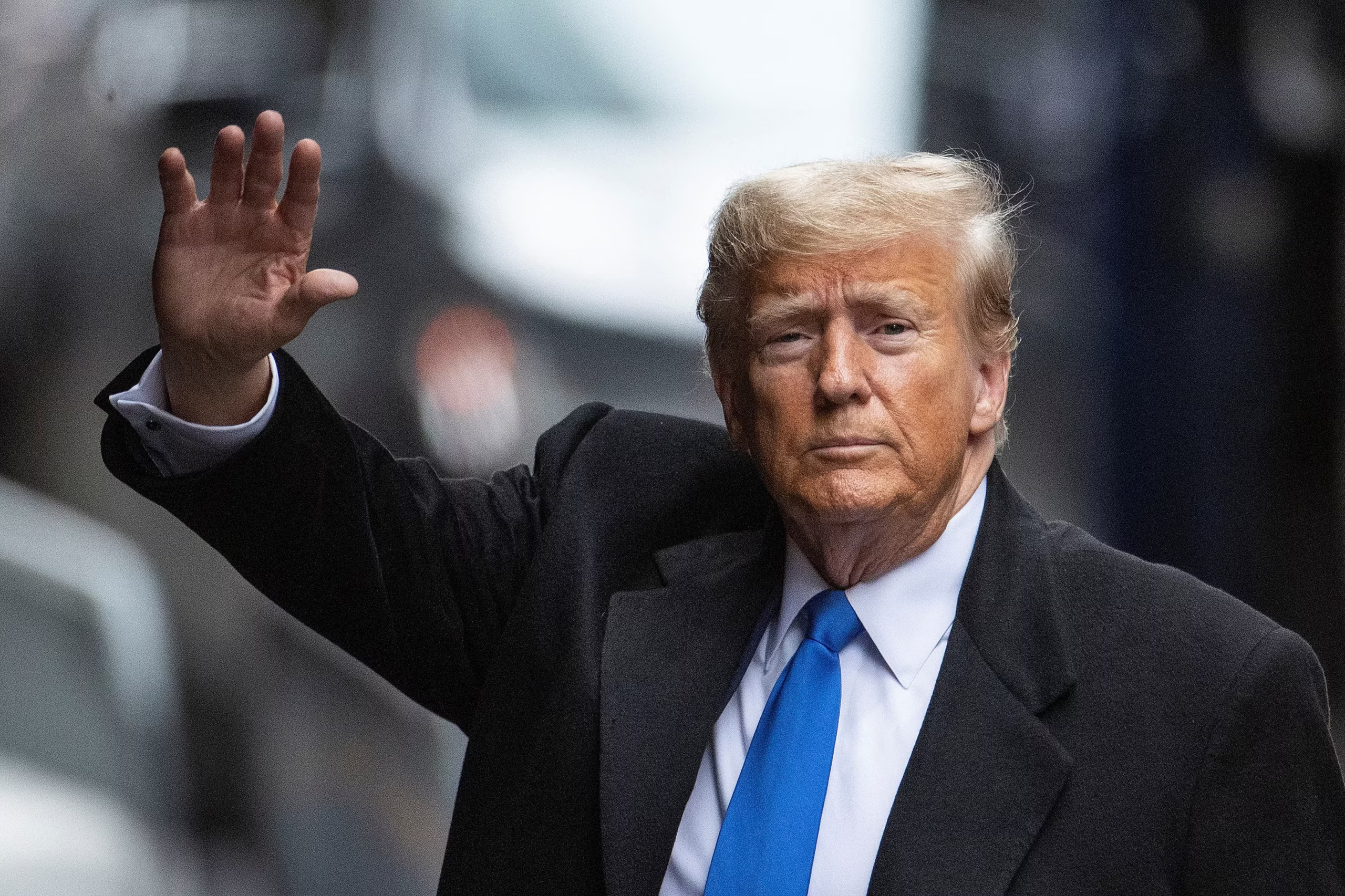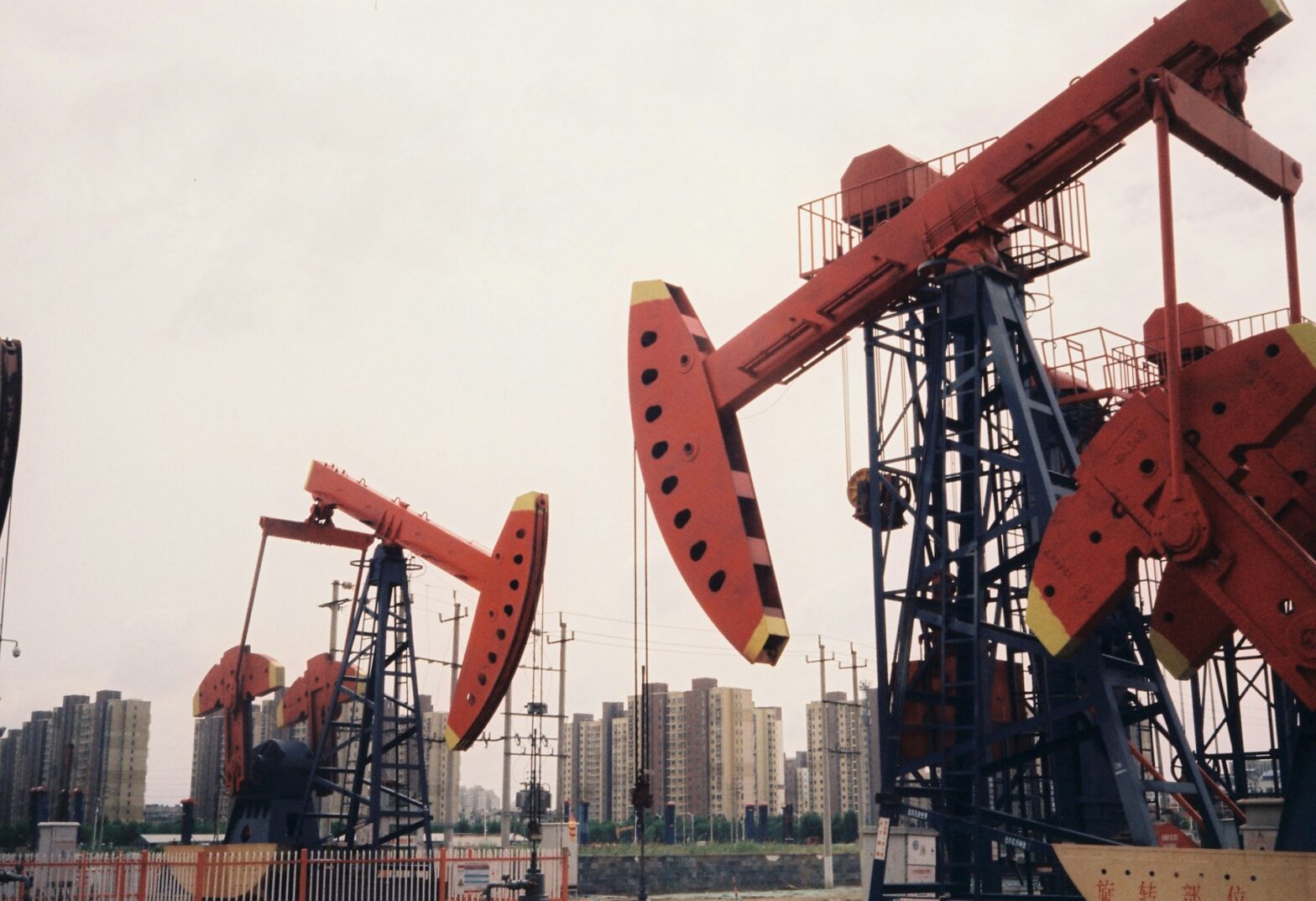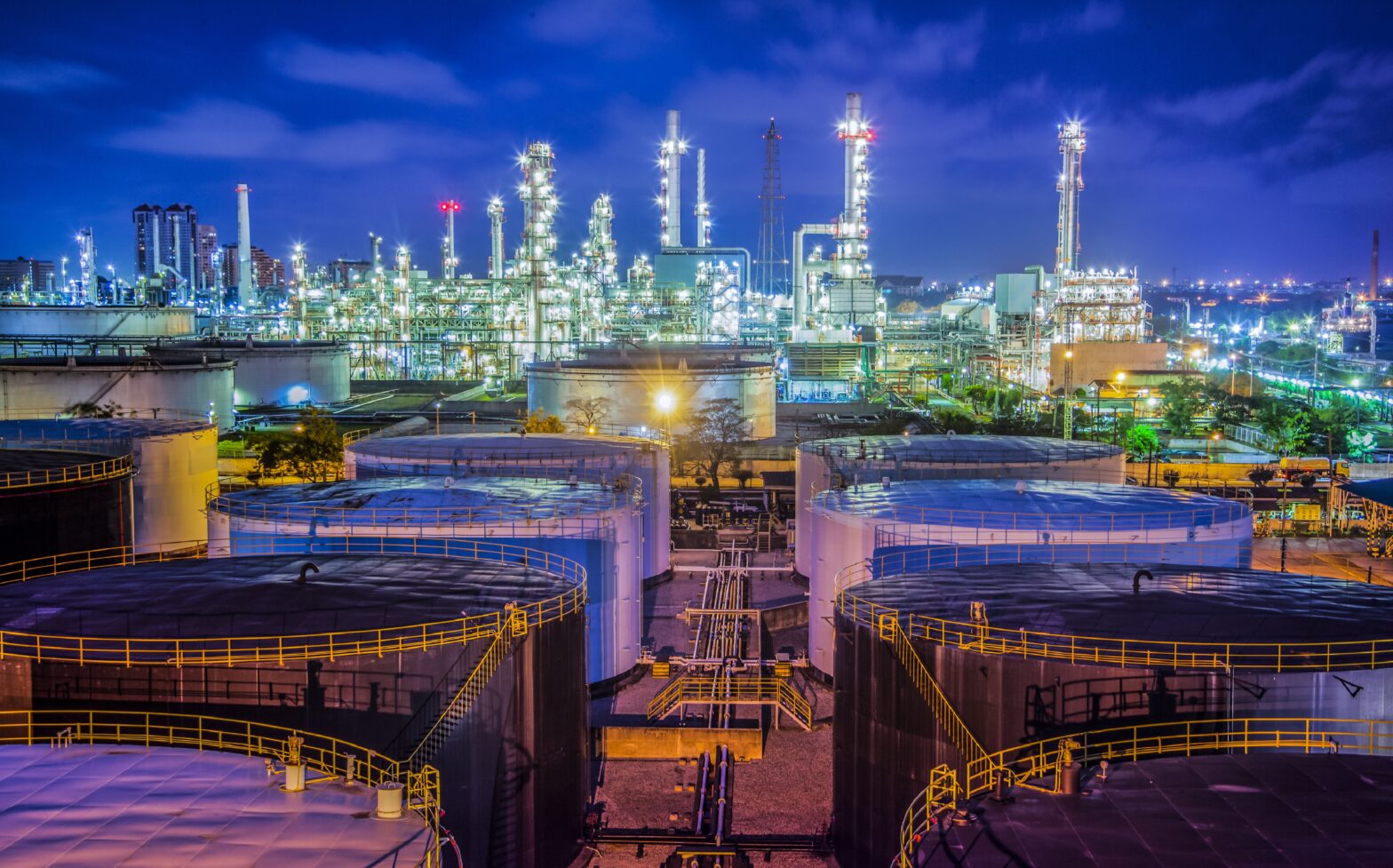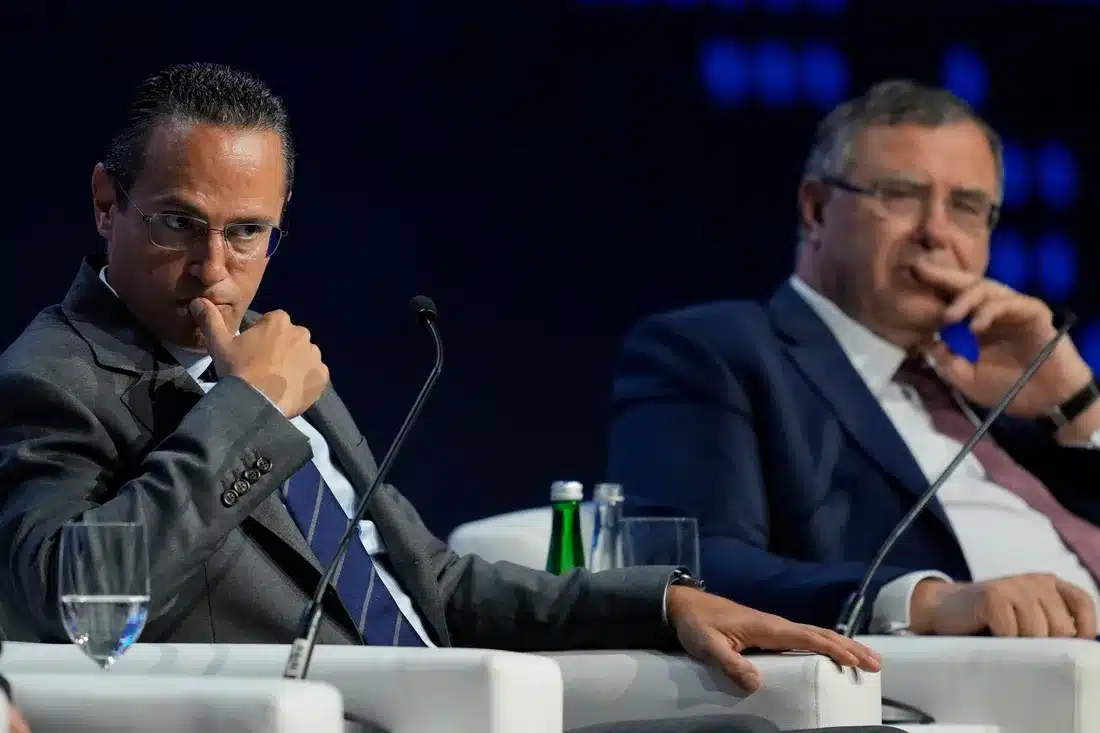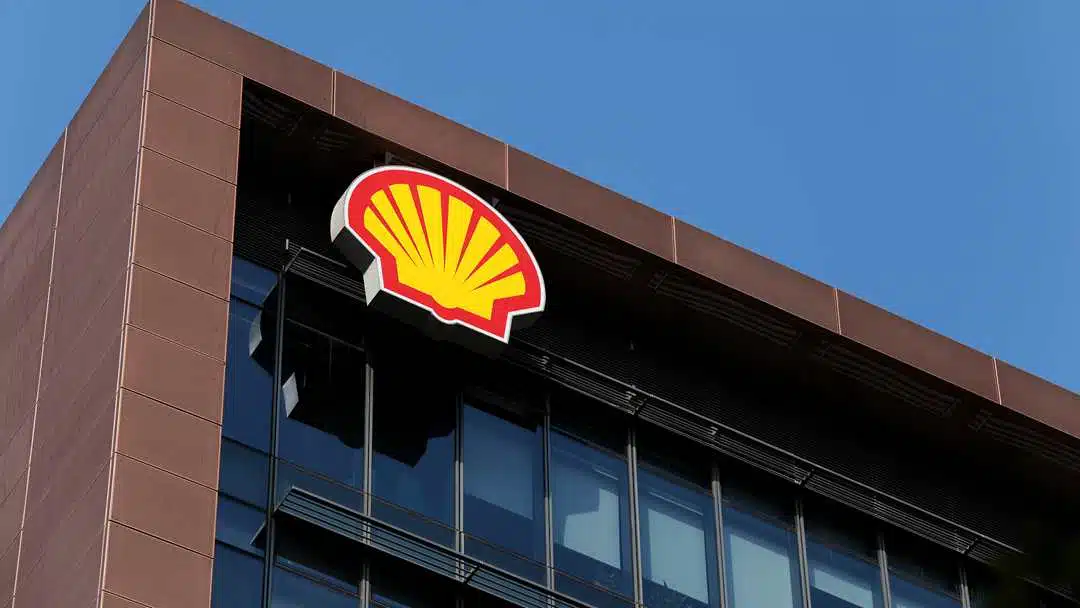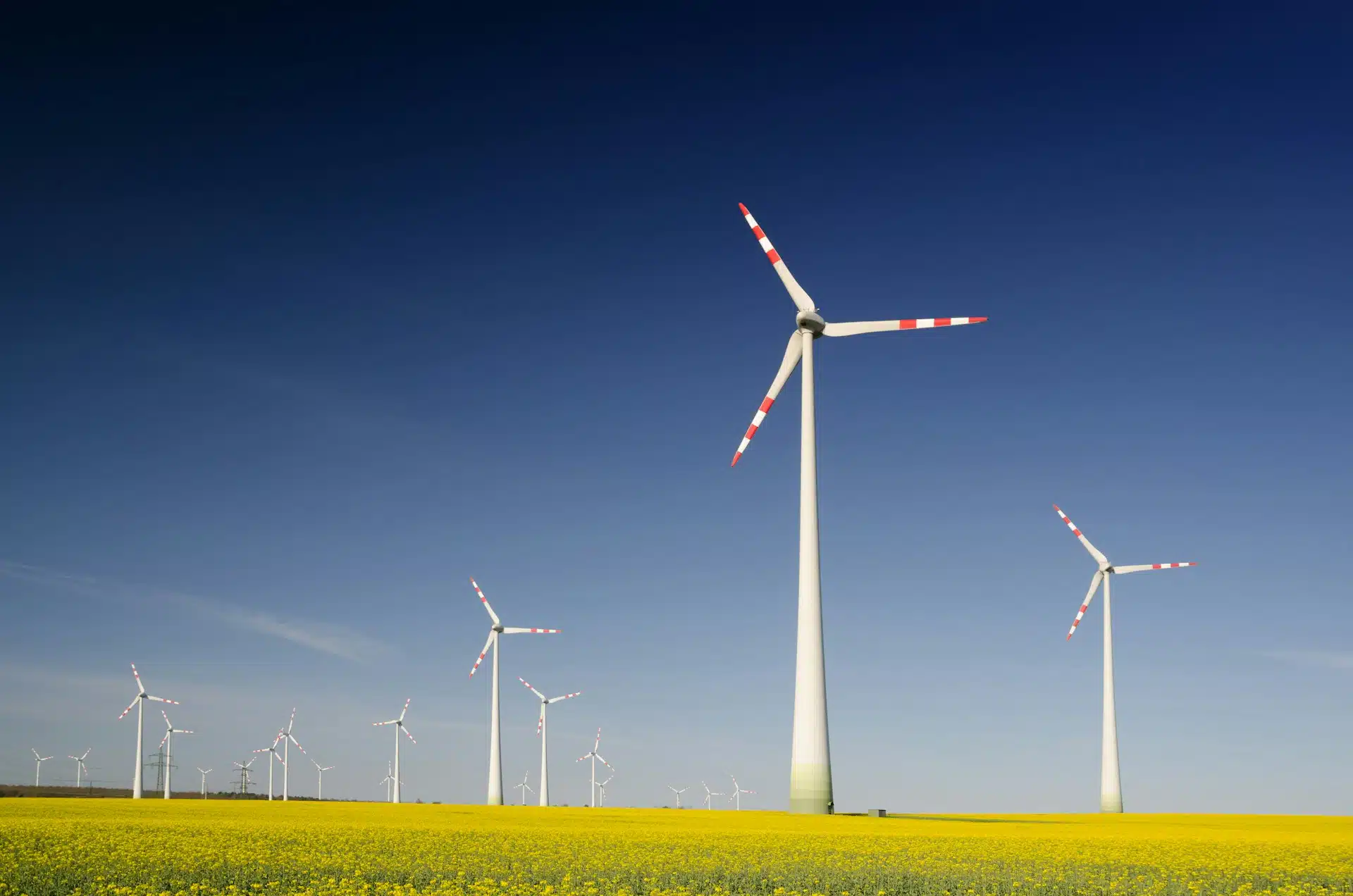When Donald Trump returned to the White House on January 20, 2025, the world braced for disruption in the global oil markets. But few people anticipated the ripple effects it has brought on Africa’s oil and gas sector.
In just 100 days, President Trump has signed 143 executive orders, the most of any president in this period, drawing mixed reactions about the extent of his executive authority.
A record 26 of those were signed on his first day in office, as he vowed to pursue his “America First” agenda.
Chief in agenda is the sweeping energy reforms that have upended global oil dynamics, sparking market volatility and investment shifts that caught African producers off guard.
Since returning to office, President Trump has prioritized aggressive energy expansion, aiming to drive down energy costs and boost domestic oil and gas production.
He also dismantled former President Biden’s climate regulations, declaring a national energy emergency that saw his administration championing U.S. fossil energy dominance through “drill, baby, drill”.
This shift, with the reactions it has received, has driven down global oil prices to the lowest levels since 2021.
As a result, Africa’s energy-exporting nations are facing slumping revenues, investor hesitation, and heightened competition.
In this article, Energy in Africa unpacks how the first 100 days of Trump’s second US presidency has impacted Africa’s oil and gas economy—and what it means for the continent’s energy future.
Trump’s “America First” energy plan
Donald Trump’s “America First” energy plan, introduced during his campaign and implemented in the early days of his presidency, has been a cornerstone of his domestic and foreign policy agenda.
The policy aims to maximise the United States’ fossil fuel production, reduce regulatory oversight, and assert U.S. energy dominance globally.
It prioritizes expanding oil, gas, coal, and shale production by:
- Approving new pipeline projects.
- Opening up federal lands and offshore areas for drilling.
- Removing barriers to coal mining and natural gas extraction.
The US leader has since rolled back several environmental and climate-related regulations to reduce perceived burdens on fossil fuel companies.
This includes reversing the Clean Power Plan, weakening methane emissions rules, and rolling back EPA oversight on water and air quality protections.
He has again pulled the US out of the Paris Agreement, framing it as a threat to U.S. sovereignty and jobs.
This has distanced the country from global climate goals and signals a shift away from renewable energy prioritization by the world’s largest carbon emitter.
While not overtly hostile to renewables, the administration has temporarily withdrawn federal investment and offers little policy support for the sector.
Instead, he prioritises fossil fuels as the backbone of economic growth and energy security.
In his virtual address to Davos Conference 2025, Trump called on OPEC, one of the world’s largest oil producers, to lower their oil prices.
He expressed concerns that high energy costs were exacerbating the Russia-Ukraine conflict. The war has disrupted global oil supply chains for the last three years.
His stance on fossil fuels have so far led to dramatic reduction in global prices and caused many members of Big Oil to backstep from their climate commitments.
Oil price volatility for African importers and exporters
Trump’s aggressive stance on fossil fuel production and the need to cut down oil prices have thrown oil-dependent African producers into chaos.
Countries like Nigeria and Angola, which depend largely on oil earnings face an imminent budget deficit and FX shortages.
The 2025 budgets of both nations are predicated on global oil prices higher than what the prevailing rates. And this leaves them in a tight corner.
The Finance Minister, Vera Daves de Sousa says falling oil prices have intensified pressure on Angola’s national finances, and that the country is closely evaluating the economic impact of declining oil revenues.
A deeper plunge could trigger the need for a supplementary budget and IMF loan support, Vera says.
Although Trump’s 14% tariff on Nigeria in April excludes energy products, data shows that trade between both nations declined sharply in January 2025, despite a strong performance in 2024.
In the nine months of 2024, the US was Nigeria’s second-largest export destination, with the African leader posting a record N1.59 trillion in trade surplus.
That impressive surplus was driven by a 122.1% surge in crude oil exports to the US. In his recent interview with Time at the White House, Trump said the nation lost $1.2 trillion in 2024 on trade deficit.
However, Nigerian businessman Aliko Dangote has said the recent tariffs imposed by President Donald Trump will not negatively affect products exported from his petrochemical plant.
While many African oil and gas exporting countries are facing reduced revenues from global drop in oil prices, others that depend on imports to meet their domestic fuel consumption are witnessing low prices at the pump.
For example, Zambia recently dropped its fuel prices, citing reduction in international oil prices in April.
Impact on African LNG and U.S. competition
In the last 100 days since Trump took over power, Africa’s LNG market has witnessed a remarkable shift.
The US is the world’s largest producer of natural gas, .
Many EU countries are seeking alternative energy sources in Africa, following Russia’s war and changing trade partnerships between the US and the region.
As a result, oil majors have committed to funding LNG projects across the entire continent.
The recent approval of funding for TotalEnergies’s giant floating LNG project by the US export and import bank is worthy of mention.
The $4.7 billion loan transaction is the single largest deal in US EXIM’s 91-year history and the first major financial investment by the Trump administration in Africa.
The Mozambique LNG project aligns with President Trump’s “America First” agenda, potentially creating over 16,000 high-paying jobs for Americans.
Geopolitical realignment and China’s leverage
In the first 100 days in office, Trump’s energy and tariff policies have changed the geopolitical landscape.
OPEC warns that Trump’s protectionist measures continue to threaten trade partners, with significant potential to distort supply-demand balances.
For example, China, which used to be one of the US’ biggest trading partners, is now looking for alternative import sources elsewhere.
African countries are gradually seizing opportunities from the ongoing U.S.-China trade dispute to strengthen their position in global markets.
There is also reduced U.S. diplomatic engagement in Africa’s energy diplomacy.
Trump ended the Power Africa Initiative, over a decade since it was established.
The initiative was operated under the United States Agency for International Development (USAID) and aimed at adding over 30,000 megawatts (MW) of cleaner, more efficient electricity generation capacity.
The program has already committed $7 billion to Africa, with over 14 GW capacity of power reaching financial close as of 2023.
With the program now ended, countries in Northern and Southern Africa are gradually attracting funding for renewable energy development from Europe.
Oil industry alarm and regional reactions amidst global market tumble
Oil industry leaders have voiced growing concerns over the persistent volatility that now characterizes global oil markets.
At CERAWeek 2025, key figures from OPEC and major international oil companies gathered to address mounting global energy uncertainty and rapidly shifting market dynamics.
While former U.S. President Donald Trump’s policies helped boost fossil fuel production in the United States, top executives from oil giants like Shell, ExxonMobil, Chevron, BP, and ConocoPhillips warned that the resulting market glut risks triggering a steep decline in oil prices.
Such a downturn, they cautioned, could lead to massive job losses across the industry.
In January 2025, analysts suggested that OPEC+ would remain cautious in adjusting output levels based solely on external political pressure.
A Financial Times analysis even argued that Trump’s economic rhetoric and energy moves generated more noise than impact.
However, recent developments show that the effects were real and far-reaching.
Several African oil-producing nations are now grappling with severe foreign exchange (FX) crises, directly linked to global oil price instability.
According to Reuters, Central African oil exporters may receive under $500 million from FX reserves previously tied to environmental restoration funds—highlighting the growing fiscal strain.
In response to the crisis, the African Export-Import Bank (Afreximbank) launched a $3 billion facility to support oil trade across Africa.
“We are creating a framework to support Africa’s energy independence and drive greater investment in oil-related infrastructure,” said Professor Benedict Oramah, President and Chairman of the Board of Afreximbank.
The pan-African lender stated that the initiative targets oil buyers across Africa and the Caribbean, aiming to facilitate up to $10 billion in intra-African petroleum trade over time.
Overall, Donald Trump’s first 100 days in office have signaled a resurgence in oil and gas activities across Africa, aligning with broader global trends.
While this has renewed optimism for fossil fuel exploration and production on the continent, it has also triggered a noticeable retreat from renewable energy commitments.
Over the past three months, Africa’s oil and gas sector has proven highly vulnerable to global market volatility and geopolitical shifts.
However, the continent can navigate these challenges by rethinking its energy strategy and building resilience.

